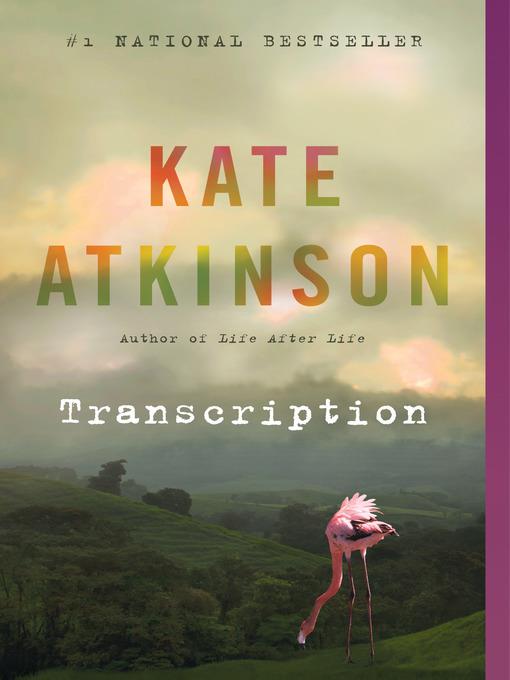
Transcription
کتاب های مرتبط
- اطلاعات
- نقد و بررسی
- دیدگاه کاربران
نقد و بررسی

July 2, 2018
Atkinson’s suspenseful novel (following A God in Ruins) is enlivened by its heroine’s witty, sardonic voice as she is transformed from an innocent, unsophisticated young woman into a spy for Britain’s MI5 during WWII. Initially recruited to transcribe secretly recorded conversations between British fascist sympathizers who think they are conspiring with the Gestapo, Juliet Armstrong is one day given an infiltration assignment (and a gun), during which she discovers an important document—and just like that, she becomes an undercover agent. Her growing realization of the serious nature of what at first seems like an “espionage lark” is made more intriguing by her attraction to her enigmatic boss. Juliet finds herself running a safe house for a Russian defector until the war’s end, after which she lives in an unspecified location abroad for decades. It’s in the 1970s that agents return and insist that she get back in the game as a double agent, and she realizes there’s no exit. If Atkinson initially challenges credibility because Juliet slides too quickly from being a naive 18-year-old into a clever escape artist and cool conspirator, her transition into idealistic patriot and then ultimately jaded pawn in the espionage world is altogether believable. The novel’s central irony is that the desperation for victory in a noble cause later becomes tainted with ruthless political chicanery. The book ends on an uncertain note for Juliet, a poignant denouement for this transportive, wholly realized historical novel.

























دیدگاه کاربران